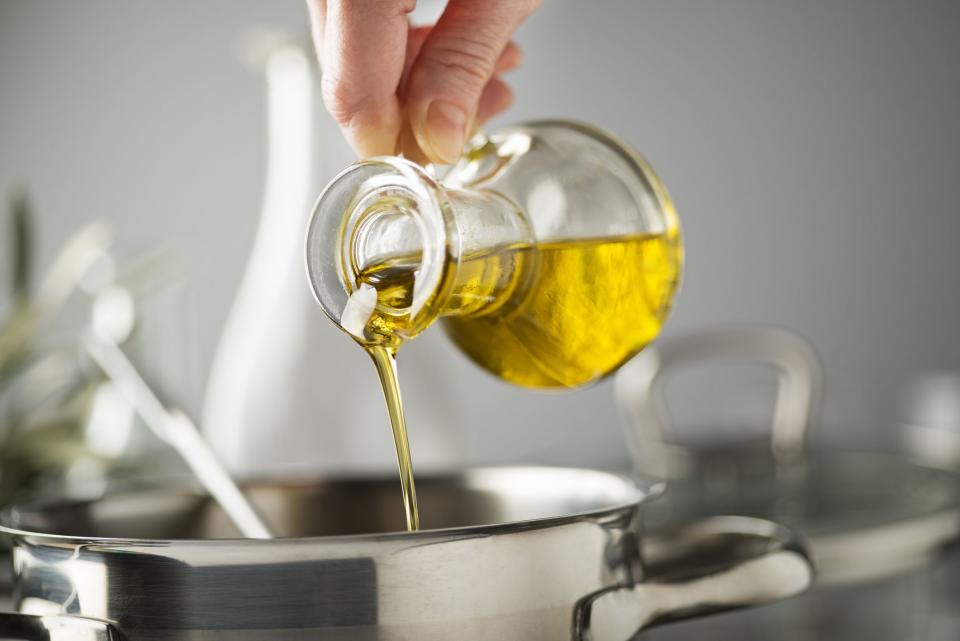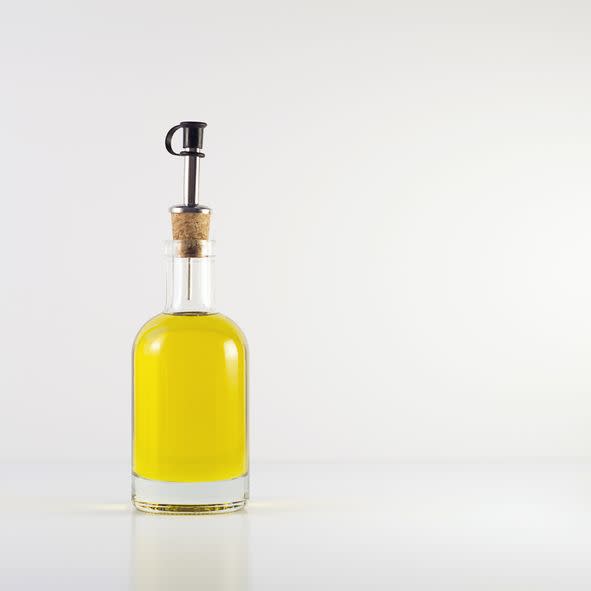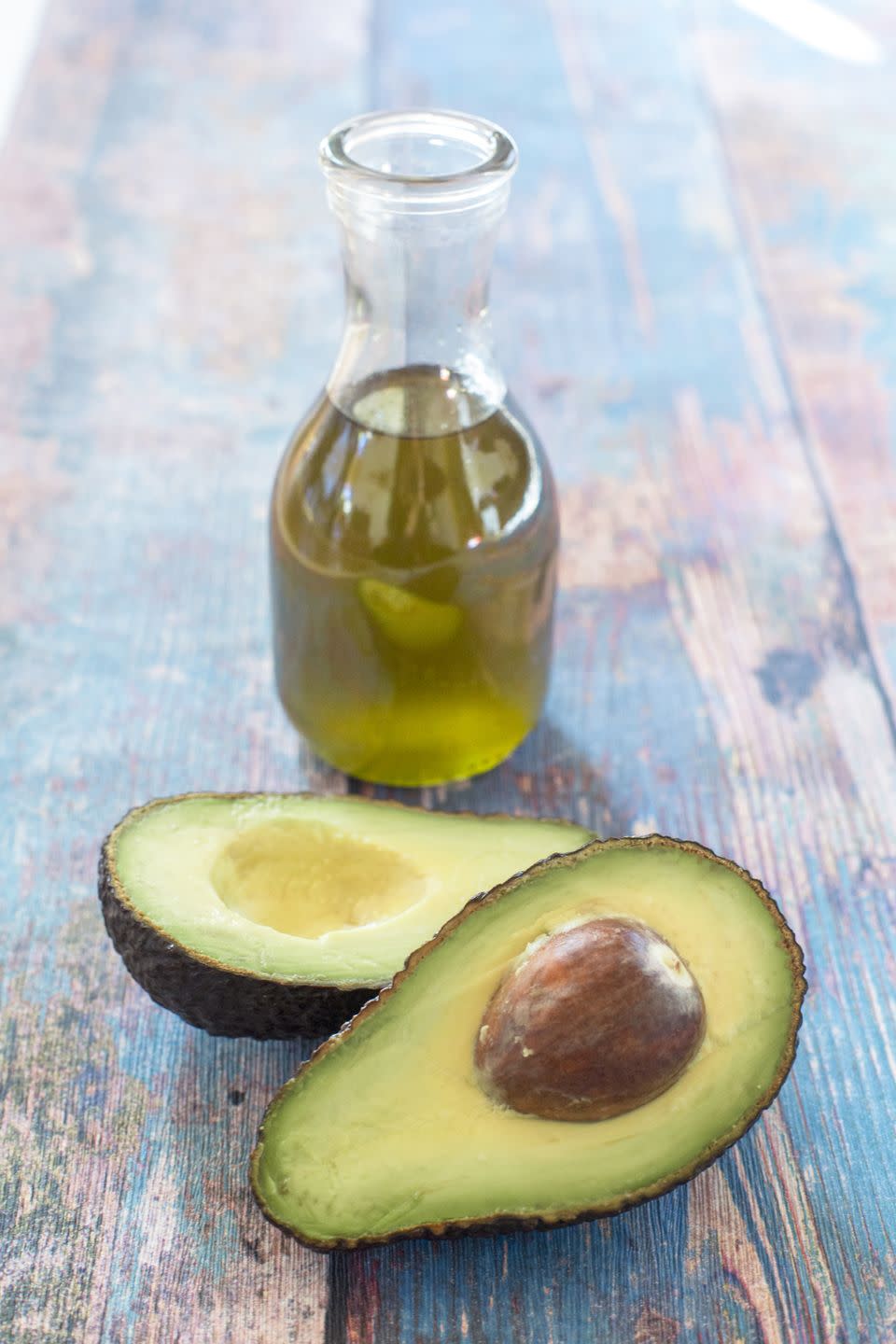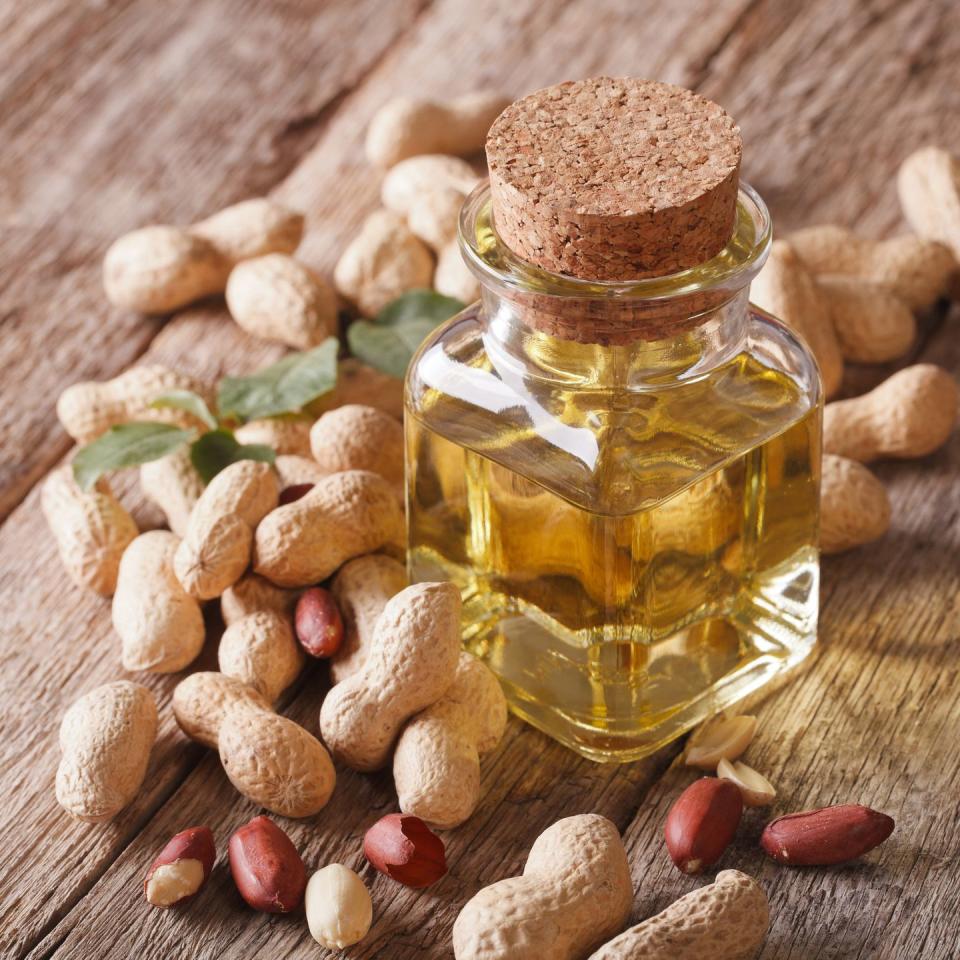5 Best Healthy Cooking Oils, According to Nutritionists






5 Best Healthy Cooking Oils, According to Nutritionists
“Which cooking oil should I use?” You’ve probably asked this question at least once in your life. With many varieties of cooking oils dominating the grocery store shelves, it can get very overwhelming when selecting the right oil for everyday cooking. The truth is, all cooking oils are not created equal and understanding the basics will put you ahead of the game. From its specific uses to distinct characteristics, nutrient composition and flavor, the oil you choose can be used to either enhance your cooking and dishes in a multitude of ways or do the total opposite. For example, some oils are best suited for sautéing, while other oils may complement certain ingredients and boost flavor. Some oils may even work better when used as a light drizzle or can serve as a base in your favorite dips and dressings. There's no need to bulk up on all the cooking oils at the store, but you might benefit from having more than one or two on hand. Here are a few things to consider when choosing the best cooking oil.
The Smoke Point
Smoke point or “burning point” is one of the most important factors to consider when choosing an oil to cook with. It is defined as the temperature at which an oil stops glistening and starts to break down, losing its integrity. This is when things start to get smokey. When this happens, the taste can become unpalatable but not only that, it can lose its nutritive value and produce free radicals that are very harmful to the body. When dealing with high heat oils, Good Housekeeping’s Senior Testing Editor Nicole Papantoniou recommends heating your pan first, then adding your oil, and then the ingredients to help prevent the oil from getting hot too quickly and potentially burning. To avoid the smoke, it’s important to choose the right oil suitable for the different types of foods you are cooking.
Refined vs. Unrefined
Cooking oils are classified as refined or unrefined. Refined oils go through an extraction process using high heat. This technique may result in a loss of natural nutrients, flavor or aroma in the cooking oils. Unrefined or cold-pressed oils are extracted using pressure and no heat or minimal heat is applied. As a result, these cooking oils retain most of their natural nutrients and have a distinct flavor and aroma that is not compromised. Unrefined cooking oils are more nutrient-dense compared to refined cooking oils, but have a shorter shelf life. However, refined cooking oils are best suitable for cooking at high-heat temperatures with a longer shelf life, making it more convenient and can fit into a balanced eating routine.
Fat Composition and Flavor
Each cooking oil comes with its own flavor profile, which can enhance any dish, from rich and buttery to nutty and fishy. If your goal is to make your food taste like the oil it’s cooked in, you’ll want to select an oil with a strong, bold flavor. If you are looking for an oil to not overpower your dish in any way, choose an oil with a mild flavor. Another thing to pay attention to is the types of fat found in your cooking oil. Health experts recommend consuming healthy monounsaturated and polyunsaturated fat to benefit your overall health, while limiting saturated and trans fats. A diet rich in saturated and trans fats may increase your risk for cardiovascular disease and other chronic illnesses, according to one study.
Here's our list for the best high-heat cooking oils:
- Olive oil
- Avocado oil
- Peanut oil
- Chia oil
- Canola oil
Everything you need to know about the healthiest high-heat cooking oils, from olive oil to avocado oil, including smoke points and best uses.

 Yahoo Movies
Yahoo Movies 